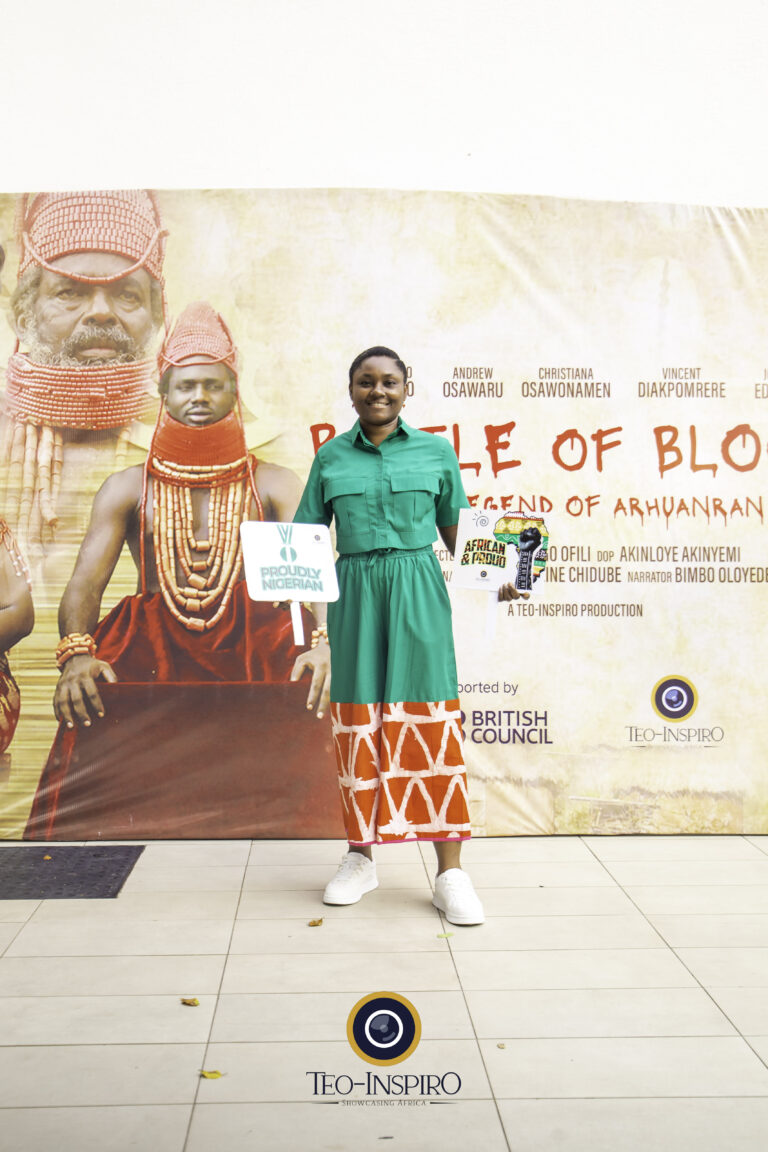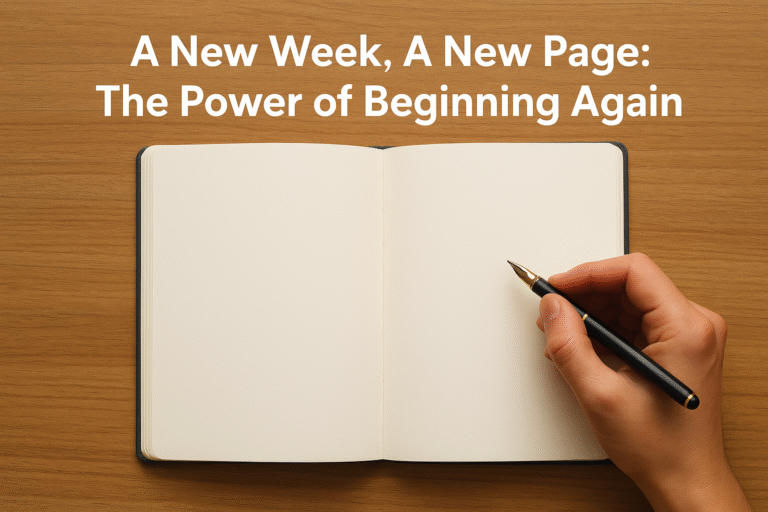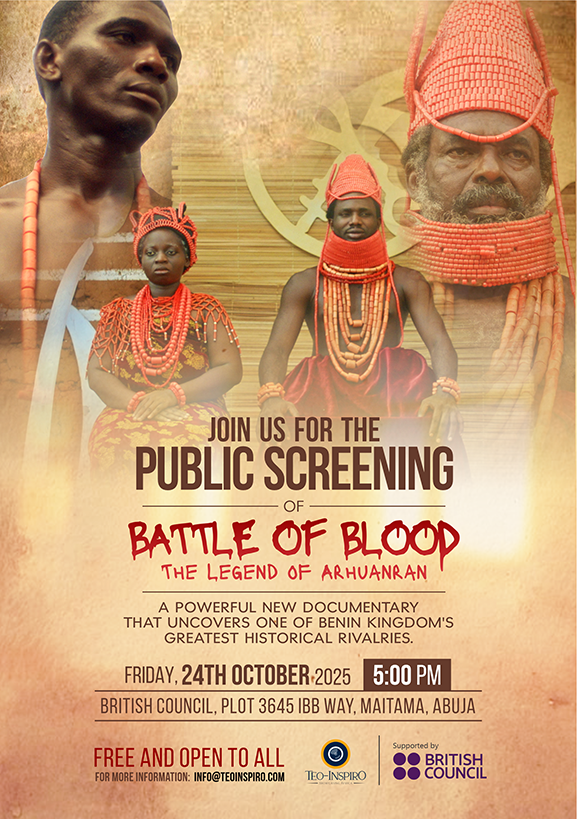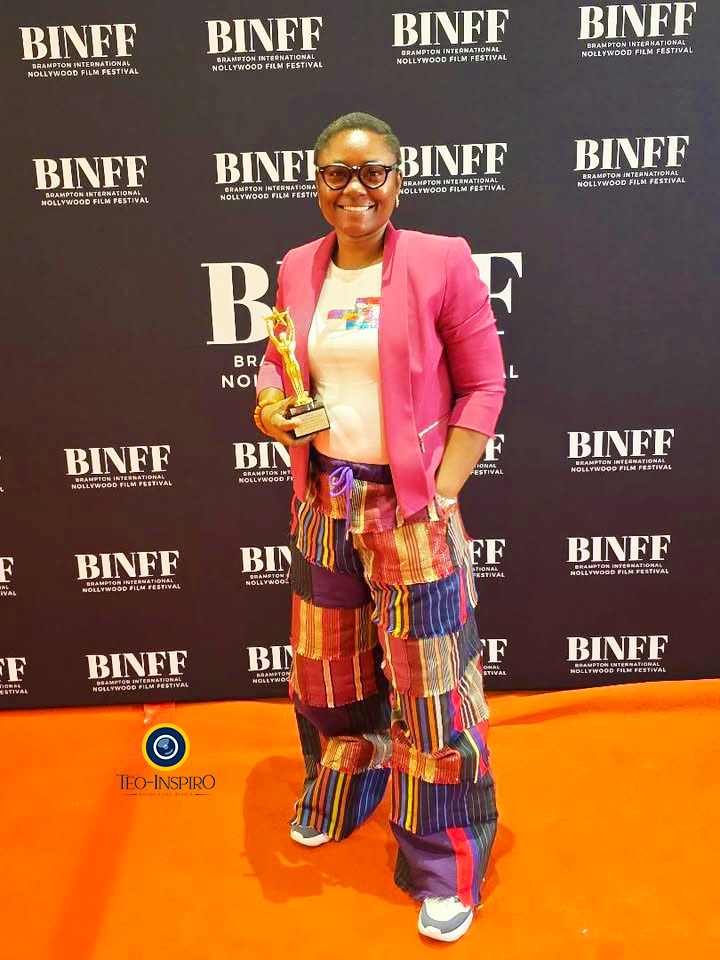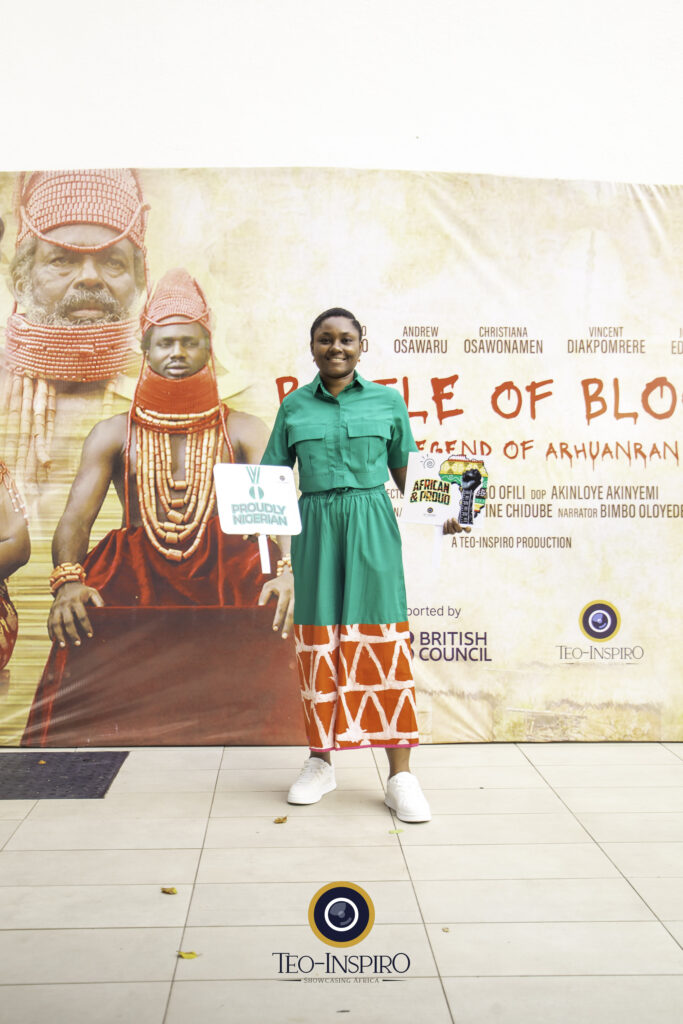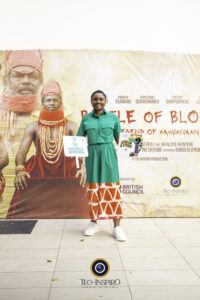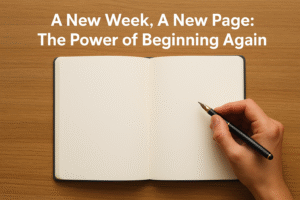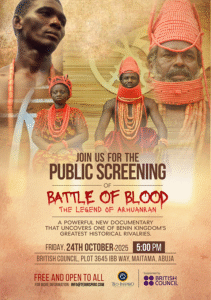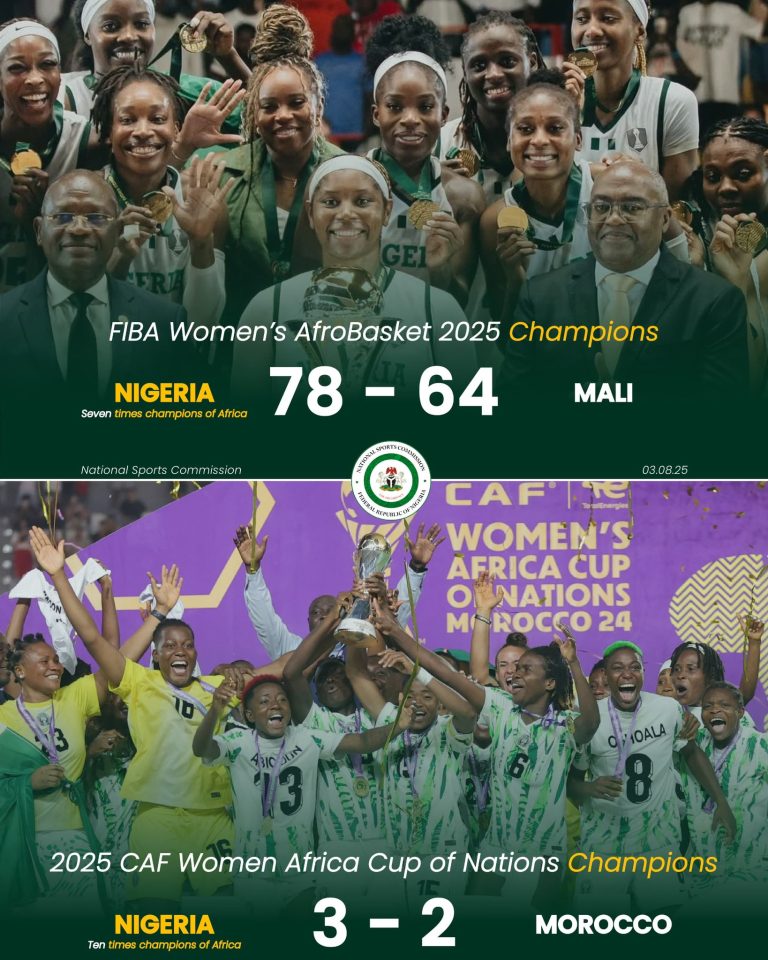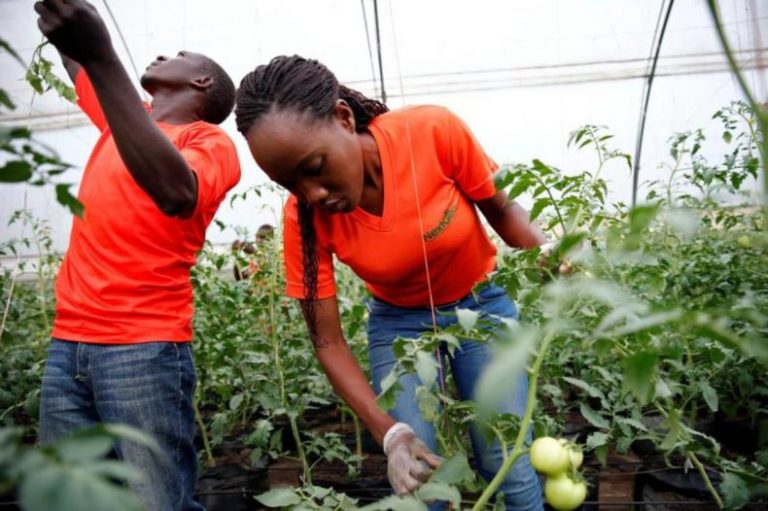Gender diversity cum inclusiveness in mainstream politics is largely underrated, and still remains a challenge in Africa’s search for equitable and exemplary leadership. It has been argued that for Africa to prosper economically and politically, she has to harness the huge population, versatility and resourceful which the women readily brings to the table. No doubt, in her own little way, the African woman has contributed immensely to the seeming fledging economy for the past centuries. Even in the worst and harshest environment, African women abound, either transacting business by buying and selling agricultural produce or purchasing goods and providing services all in a bid to survive. No doubt, a woman’s natural instinct which is to provide has gone a long way in bridging challenges of distance and engendered integration amongst African nations.
In a 2013 report — “Women and Trade in Africa” — the World Bank highlighted the important role women can play in economic development. The report, citing the International Labour Organisation (ILO) indicates that about 62.5percent of women were employed in agriculture compared to 61.8% of men[1].” The U.N. Food and Agriculture Organization (FAO) estimates that “closing the yield gap by providing women with resources equal to those available to men would increase agricultural output in developing countries by 2.5 to 4%[2].” Furthermore, in sub-Saharan Africa, women comprise over 50% of agricultural labour force but it is devastating to learn that they own less than 20% of the agricultural plots available. The Food and Agriculture Organisation (FAO) estimates that if women had similar productive resources as men, the total agricultural output in developing countries would increase by up to 4% and reduce the number of hungry people in the world by 12–17%. If that happened, it would affect up to 150 million people[3].
In the corporate sector, a recent research entitled, Women Matter Africa McKinsey by Global Institute Report, found that African companies with a greater share of women on their boards of directors and executive
committees perform better than their male-dominated counterparts. Interestingly, the earnings before interest and taxes (EBIT) margin of companies with at least 25% of women on their boards was on average 20% higher than the industry average. The report also found that $12 trillion could be added to global GDP by 2025 simply by advancing women’s equality[1].
However while women have achieved so much despite the small of resources at their disposal, there is much room to explore in order to consolidate the gains already attained. In order to keeps the momentum going, women have to participate in the day to day decision making of their affair. If they be the ones who oil the engine of Africa’s economy, then they should be the ones to navigate their destinies. This can only be attained by seeking and reaching out, whatever it takes, for the golden fleece-political leadership. Women have proven time and again they have what it take to lead, however, due to obvious reasons spanning from cultural, religious, sociological, biological, societal barriers have hindered the women from seeking political office successful.
But since the turn of the millennium, women, emboldened by the increase in education and economic wealth and to a large extent motivated and supported by men, have once again taken the bull by the horn to plug vacuum created by ‘African leaders’, who have mismanaged her wealth and resources. They have decided to heed the call of Nkrumah’s cry of ‘seek ye first, the political kingdom’ and every other thing, economic, social equilibrium and all others will be added on to you. Women such as Sirleaf Johnson of Liberia, Joyce Banda of Malawi, Oby Ezekwesili, Dora Akunyili, Ngozi Okonjo Iweala, Nkosazana Dlamini-Zuma, and many others have become a shining light and example for the new generation to emulate as they have successfully participated in mainstream politics where the nations decision are taken. At the parliamentary arm, the story gets more encouraging. A recent report from Inter-Parliamentary Union (IPU) and UN Women found that Africa women ranking is quite high compared to their other counterpart in the world, sitting comfortably among top twenty nations gender inclusive countries in politics. The African countries that made it in the top 20 include Senegal, South Africa (more than 40% of parliamentary seats are held by women), Namibia, Mozambique, Ethiopia and Angola (over 35% of seats are occupied by women), ranking 7th, 9th, 12th, 13th, 17th and 19th respectively[1].
By the same token and most pertinent to note, Rwanda’s female parliamentarians Rwanda sits atop 61%, the highest percentage of anywhere in the world. It does not end there; at the executive arm women contribute to the day to day decision making of President Kagame government thus having the ability to influence development pursuits of the women. Little wonder why most successes recorded by the government can easily be attributed to the contributions of women. It is also on record that after the recently held elections which consolidated kagame in power, women hold over 11 strategic positions like Ministry of Foreign Affairs, Health, Agriculture, Youth, and Gender/Family Promotion etc[2]. holding such key position has engendered them making landmark law and policies which has gone a long way in protecting the well-being of the girl child and women. The inheritance law and the law protecting children and women are but a few of many ways the women of Rwanda have gone to prove that participating in politics is the jackpot in women and Africa’s development[3].
In light of the foregoing, women must be encouraged to participate in the political process in Africa. Parts of the ways they can be encouraged include the sustained momentum in adoption of the affirmative rights resolution by the UN. To achieve this, emolument to be spent for political activities, especially at the political party and communal levels, in order to attract interested, but qualified women into politics. More importantly,
there must be a turnaround from the traditional patriarchal system if African women are going to succeed in their ambition. Politics must not be seen as the exclusive preserve of men. As highlighted earlier, African women have and continue to distinguish themselves in politics both at the national, sub-regional and continental levels. Therefore, for a continent that has produced more female presidents than the liberally acclaimed United States of America, the large scale integration of women in politics is not a big ask. Let Rwanda lead and others follow.
[1] http://documents.worldbank.org/curated/en/2013/01/18490089/women-trade-africa-realizing-potential
[2] http://www.fao.org/docrep/013/am307e/am307e00.pdf
[3] http://www.fao.org/docrep/013/am307e/am307e00.pdf
[4] https://www.mckinsey.com/global-themes/gender-equality/women-matter-africa
[5] ttp://www.unwomen.org/-/media/headquarters/attachments/sections/library/publications/2017/femmesenpolitique_2017_english_web.pdf?vs=1123
[6] Here’s the list of women in the cabinet of Rwanda
Min in OTP – Judith uwizeye.
Min of land and forestry – Francine Tumushime
Min of agriculture – Dr. Mukeshimana Geraldine
Min of foreign affairs – Louise Mushikiwabo
Min of cabinet affairs in the office of prime min – Kayisire Marie Solange
Min of youth – Rosemary Mbabazi
Min of sports and culture – Julienne Uwacu
Min of refugees and disaster mgt- Debonheur Jeanne d’arc
Min of health – Dr. Diane Gashumba
Min of gender and family promotion – Esperance Nyirasafari
Rwanda development board CEO – Akamanzi Claire
[7] Special thanks go to Kalinda Brendah for providing the aforementioned list of Ministers and Gabriel Ntoka for his contributions.
By Greenvolution

